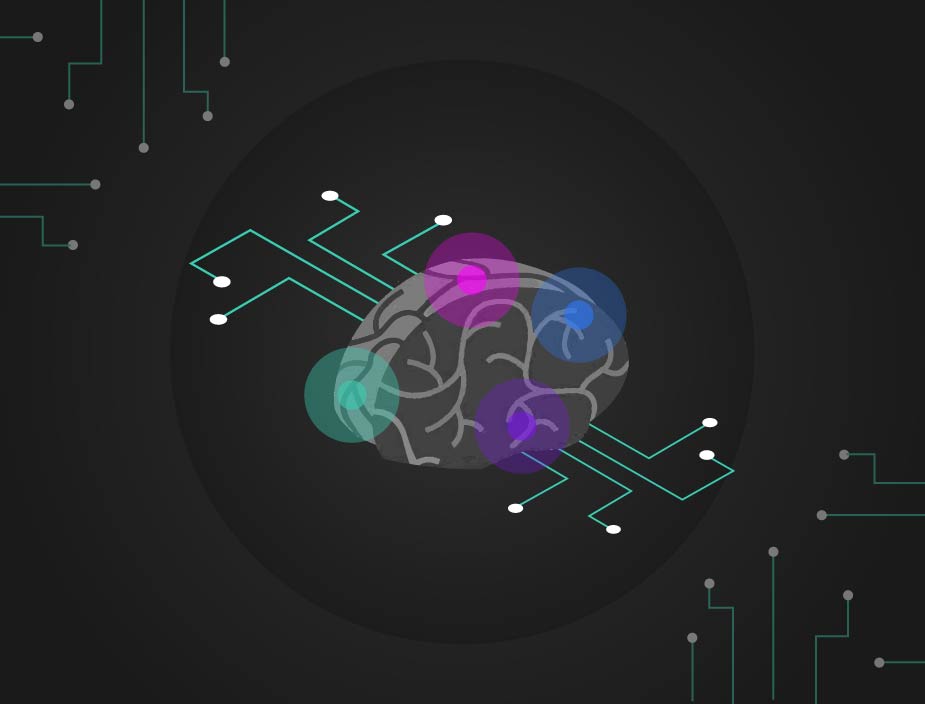AI Talent: The Scramble is On for Businesses

The race for artificial intelligence (AI) talent is heating up, creating a scramble for businesses trying to leverage this powerful technology. This article explores the challenges and strategies IT leaders are employing to navigate this competitive landscape.
John Napoli, leading AI transformation at Guardian Life, exemplifies the struggle. While eager to scale his company's AI initiatives, he faces a fierce competition for highly sought-after AI skills. A 2023 survey by Access Partnership and AWS paints a stark picture:
- 92% of employers expect to use AI solutions by 2028.
- 73% prioritize hiring AI talent, but 75% struggle to find it.
The complexity of AI talent needs adds to the problem. IT leaders require individuals with:
- Expertise in enabling and managing AI within enterprise applications.
- Understanding of how AI capabilities can benefit the business.
- Deep AI skills like building machine learning models.
- Ability to manage emerging risks and compliance issues associated with AI.
Despite the challenges, IT leaders are developing multi-pronged strategies:
- Guardian Life's approach:
- Identify required skills and their location within the organization.
- Target a mix of existing and emerging skills – data wrangling, data engineering, large language models (LLMs).
- Recruit data scientists for model building, analysis, and hypothesis testing.
- Seek talent with expertise in explainability, bias detection, and business-oriented AI technologies.
- Transition existing roles to leverage AI tools.
- Both Napoli and Orla Daly (CIO at Skillsoft) emphasize upskilling existing employees.
- Skillsoft offers training to build AI awareness across the organization and deeper training for specific roles (e.g., data workers on AI bias).
- Lunch-and-learns, mentorships, and cross-collaboration initiatives further spread AI knowledge.
Robust compensation, engaging work, and a culture of recognition are crucial to retaining valuable AI talent.
The talent crunch is demonstrably slowing AI adoption, with only 10% of surveyed leaders reporting large-scale AI implementations (Nash Squared, 2023). Here are some key takeaways:
- Data analytics, data engineering, and AI skills are the most in-demand (though AI ranks slightly lower at No. 5).
- Top tech giants attract the most specialized AI talent due to brand recognition, large-scale projects, and generous compensation.
- Many CIOs turn to AI consultants and upskilling their internal workforce.
The AI talent challenge requires a multi-faceted approach. By combining smart hiring practices with effective training and retention strategies, businesses can overcome the talent gap and harness the full potential of AI.
